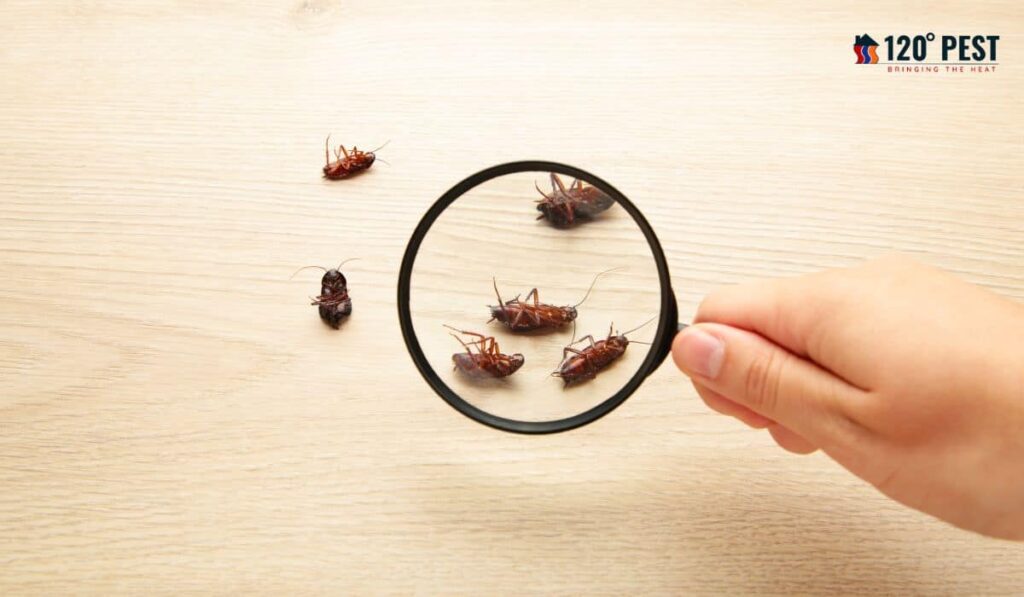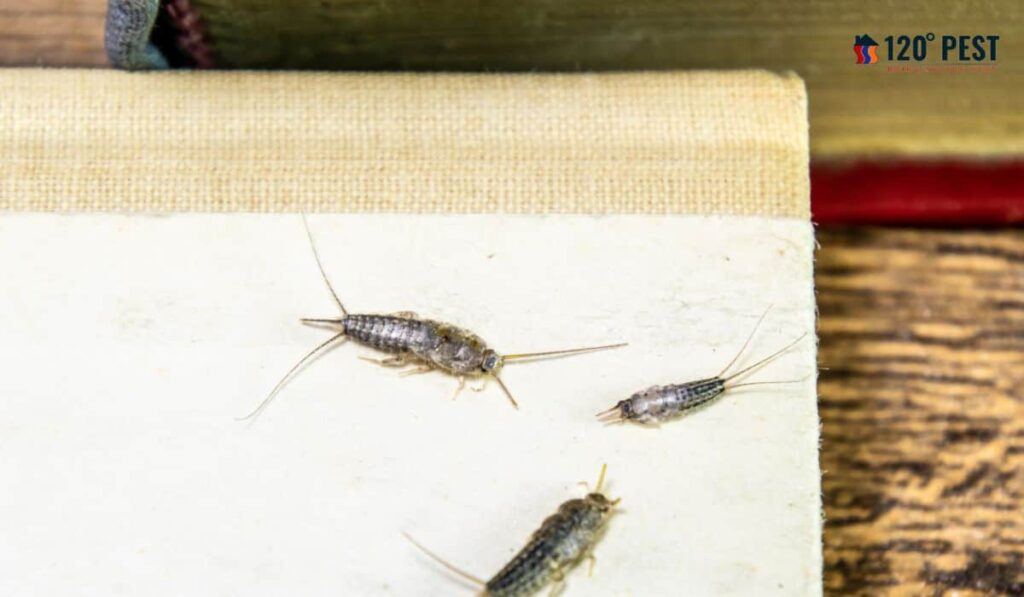Your home is your sanctuary, a place of comfort and safety. However, unwelcome guests in the form of pests can disrupt that tranquility.
While the urge to reach for chemical pesticides is strong, there’s a natural and eco-friendly solution: natural pest control.
In this blog, we’ll dive into the world of natural remedies and sustainable practices to help you maintain a pest-free home that’s safe for your family and the environment.
The Importance of Natural Pest Control
Choosing natural pest control methods over chemical alternatives isn’t just a matter of personal preference; it’s a decision that has far-reaching consequences.
Protecting Your Health: Traditional pesticides can pose risks to human health.
These chemicals can be inhaled, ingested, or absorbed through the skin.
By opting for natural pest control, you reduce these potential health hazards for you and your loved ones.
Safeguarding the Environment: Chemical pesticides can harm more than just the intended pests.
They can disrupt the delicate balance of your local ecosystem.
Choosing natural methods helps maintain a harmonious environment by avoiding harm to beneficial insects, animals, and plants.
Sustainability: Natural pest control methods are sustainable.

They don’t deplete non-renewable resources, and they often rely on readily available and renewable materials.
Effective Natural Pest Control Methods
Now that you understand the importance of natural pest control, let’s explore some effective methods to maintain a pest-free home.
Cleanliness is Key: Pests are attracted to food sources and clutter.
Regularly clean your kitchen, dining areas, and pantry to eliminate crumbs and food residues.
Ensure garbage is sealed tightly in containers to avoid attracting unwanted visitors.
Seal Entry Points: Prevention is the best form of pest control.
Inspect your home for gaps, cracks, and openings where pests can enter.
Seal these openings with caulk or weatherstripping.
Repair damaged screens, and install door sweeps to block any potential entry points under doors.
Natural Repellents: Nature provides us with a range of natural repellents that can effectively deter pests:
a. Essential Oils: Peppermint, lavender, eucalyptus, and citronella oils are known for their pest-repelling properties.
Mix a few drops of these essential oils with water in a spray bottle and apply around entry points and infested areas.
b. Diatomaceous Earth: This natural powder is harmless to humans and pets but deadly to insects.
Sprinkle it in problem areas like cracks and crevices where pests hide.
c. Vinegar: A mixture of vinegar and water can help repel ants and flies.
Wipe down surfaces with this solution to deter these pests.
d. Cedarwood: Cedarwood chips or essential oil can be effective against moths, ants, and roaches.
Place cedarwood chips in closets or use cedarwood oil in diffusers.
Natural Predators: Encourage natural predators like birds, bats, and beneficial insects (ladybugs, lacewings, and parasitic wasps) to visit your garden.
They’ll help keep pest populations in check.
Traps and Barriers: Employ sticky traps, pheromone traps, and physical barriers like row covers to target specific pests without resorting to chemicals.
Conclusion
A pest-free home doesn’t have to come at the expense of your health or the environment.
Natural pest control methods are safe, sustainable, and effective.
By following these tips and integrating natural remedies into your pest control routine, you can enjoy a home that truly feels like a sanctuary: safe, clean, and free from unwanted intruders.
FAQs
Is natural pest control as effective as chemical pesticides?

Natural pest control methods can be highly effective when used correctly. However, their effectiveness may vary depending on the type of pest and the severity of the infestation. In some cases, multiple natural methods may need to be combined for the best results.
Are natural pest control methods safe for pets and children?
Yes, natural pest control methods are generally safer for pets and children compared to chemical pesticides. However, it’s essential to use these methods properly and keep them out of reach of children and pets to avoid accidental ingestion.
What are some common natural repellents for specific pests?
- For ants: Try using vinegar, cinnamon, or diatomaceous earth.
- For mosquitoes: Essential oils like citronella, lemon eucalyptus, and lavender can be effective.
- For moths: Cedarwood chips or essential oil is a natural deterrent.
- For flies: Use a mixture of vinegar and water in a spray bottle or install flypaper traps.
How can I deal with a severe pest infestation naturally?
Severe infestations may require professional pest control assistance. However, you can still integrate natural methods alongside professional treatment. For example, maintain cleanliness, seal entry points, and use natural repellents to complement the work of a pest control expert.
Are there any natural methods for deterring rodents?
Yes, you can deter rodents naturally by:
- Sealing all entry points and cracks in your home.
- Using peppermint oil-soaked cotton balls in areas frequented by rodents.
- Employing humane traps to capture and release them safely.
Can natural pest control methods be used in gardens and on plants?
Absolutely! Natural pest control is effective in gardens. You can use methods like companion planting, releasing beneficial insects, and using neem oil or garlic-based sprays to protect your plants naturally.
Do natural pest control methods harm beneficial insects?
Natural pest control methods are generally less harmful to beneficial insects than chemical pesticides. However, some methods, like neem oil, can have a broad-spectrum impact. It’s essential to target your pest control efforts specifically to minimize harm to beneficial insects.
Are natural pest control methods eco-friendly?
Yes, natural pest control methods are considered eco-friendly because they reduce the negative impact on the environment compared to chemical pesticides. They often use fewer resources and are less harmful to non-target organisms.
What should I do if natural pest control methods aren’t working?
If natural methods aren’t effective in controlling pests, and the problem persists or worsens, consider consulting a pest control professional who specializes in eco-friendly and integrated pest management (IPM) approaches.




